Description
-
Terry Casey – Ethics with Minors for Ohio Mental Health Professionals: How to Navigate the Most Challenging Issues
- Faculty:
- Terry Casey
- Duration:
- 6 Hours 26 Minutes
- Format:
- Audio and Video
- Copyright:
- Aug 28, 2020
Description
Those of us who treat minors and their families experience a flood of emotions. There is confusion over changing ethical codes and laws, fear that the actions that we take will lead to long-term developmental damage, and anxiety that at any moment we might unintentionally cross a line that could jeopardize our professional license and put us in legal peril. In this environment, we can find ourselves impaired in our ability to function as professionals and help our clients.
Combining a step-by-step guide to an effective decision-making model, the most updated ethical codes and legal statutes, and lessons from 30 years as a clinician and ethics professor, Terry Casey, PhD, HSP will give you a solid foundation for evaluating the ethical options when working with minors and their families. You will have much more confidence about the course of action you take involving mandatory reporting, access to minors’ records, parental rights, boundary issues, touch, and others.
Handouts
| Manual – Ethics With Minors for Ohio Mental Health Professionals (2.3 MB) | 143 Pages | Available after Purchase |
Outline
WHY WORKING WITH MINORS IS DIFFERENT
- Vulnerability and power differentials
- Federal and state laws outlining legal responsibilities
- Issues involved with older adolescents
CONSENT RULES AND ISSUES INVOLVING MINORS
- Consent vs. assent
- Who can provide consent?
- Parental rights and consent rules
- Special rules for older adolescents
- Informed consent process
WHEN A MINOR IS (AND IS NOT) A CLIENT
- When does an individual become a client?
- Personal representatives
- Ethical vs. legal considerations
CONFIDENTIALITY STANDARDS AND LIMITS WITH MINORS
- Limits of confidentiality
- Communications with minors and parents
- Progressive scenarios technique
- Parental agreements
PARENTAL RIGHTS…AND WRONGS
- Default rights
- Special situations
- Exceptions
CONTROL OF MINORS’ RECORDS
- Health care vs. educational records
- HIPAA vs. FERPA
- Who has access?
- Responding to requests for records
- Clinical records and psychotherapy notes
CAUGHT IN THE MIDDLE OF DIVORCED PARENTS
- Informed consent process
- Parenting plans
- Other legal considerations
- Case example
MANDATORY REPORTING: THE “WHAT”, “WHEN” AND “TO WHOM”
- Mandatory reporting laws
- Federal definition of child abuse
- State laws
- Ethical considerations
- Case example
BOUNDARY ISSUES WITH MINORS
- Social media policies
- Multiple relationships
- Power differentials
- Virtual relationships
- Texting and messaging
- Case examples
PHYSICAL TOUCH
- When it is appropriate, and when it is not
- Informed consent
- Organizational policies
- Case example
Faculty

Terry Casey, PhD Related seminars and products: 20
TERRY CASEY, PhD, is a licensed psychologist, HSP health service provider with over 30 years of professional experience, including a 16-year tenure as the director of counseling & psychological services for a non-profit agency with over 30 counselors at over a dozen locations. He is in private practice in Franklin Tennessee, teaches ethics and professional issues in counseling at Lipscomb University’s graduate program in clinical mental health counseling, and guest lectures at Trevecca Nazarene University’s PhD program in Clinical counseling. Dr. Casey also served for several years as the chair of the ethics committee for the Tennessee Licensed Professional Counselors’ Association and in an advisory capacity for graduate counseling programs at two universities. He has presented frequently on ethics to organizations such as the American Counseling Association, the Tennessee Licensed Professional Counselors Association, the Nashville Area Association of Christian Counselors, and others. For more information, visit his practice website at rencounselingtn.com.
Speaker Disclosures:
Financial: Dr. Terry Casey maintains a private practice. He is an adjunct faculty member at Lipscomb University. Dr. Casey receives a speaking honorarium from PESI, Inc.
Non-financial: Dr. Terry Casey is a member of the American Psychological Association and the American Counseling Association.
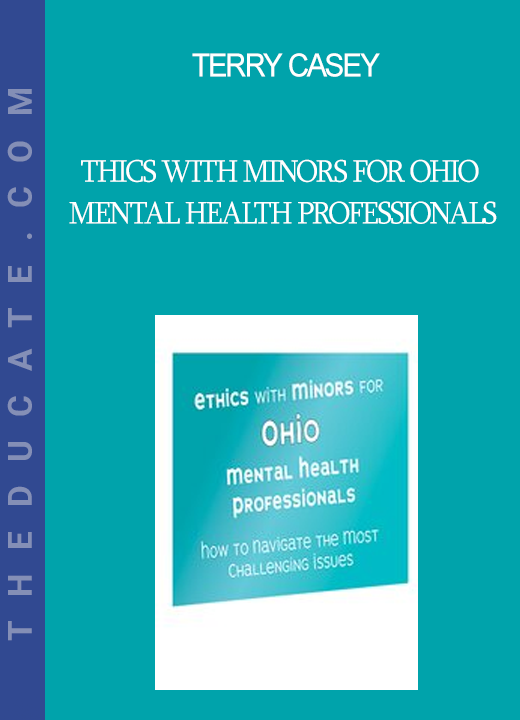
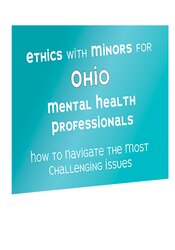

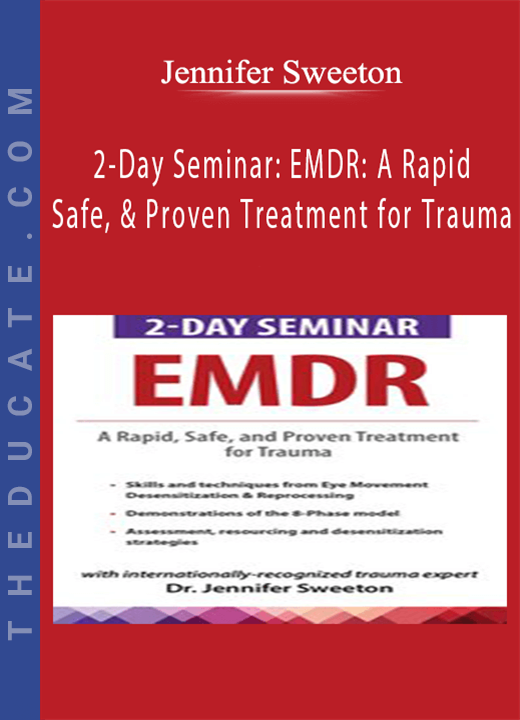

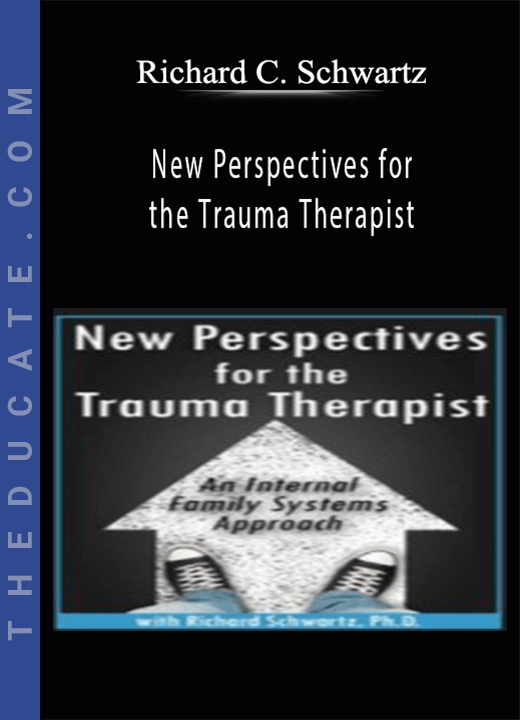
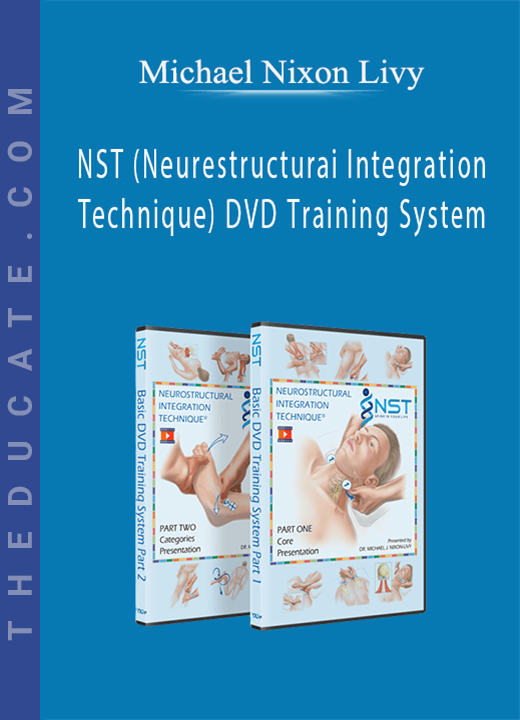
Reviews
There are no reviews yet.